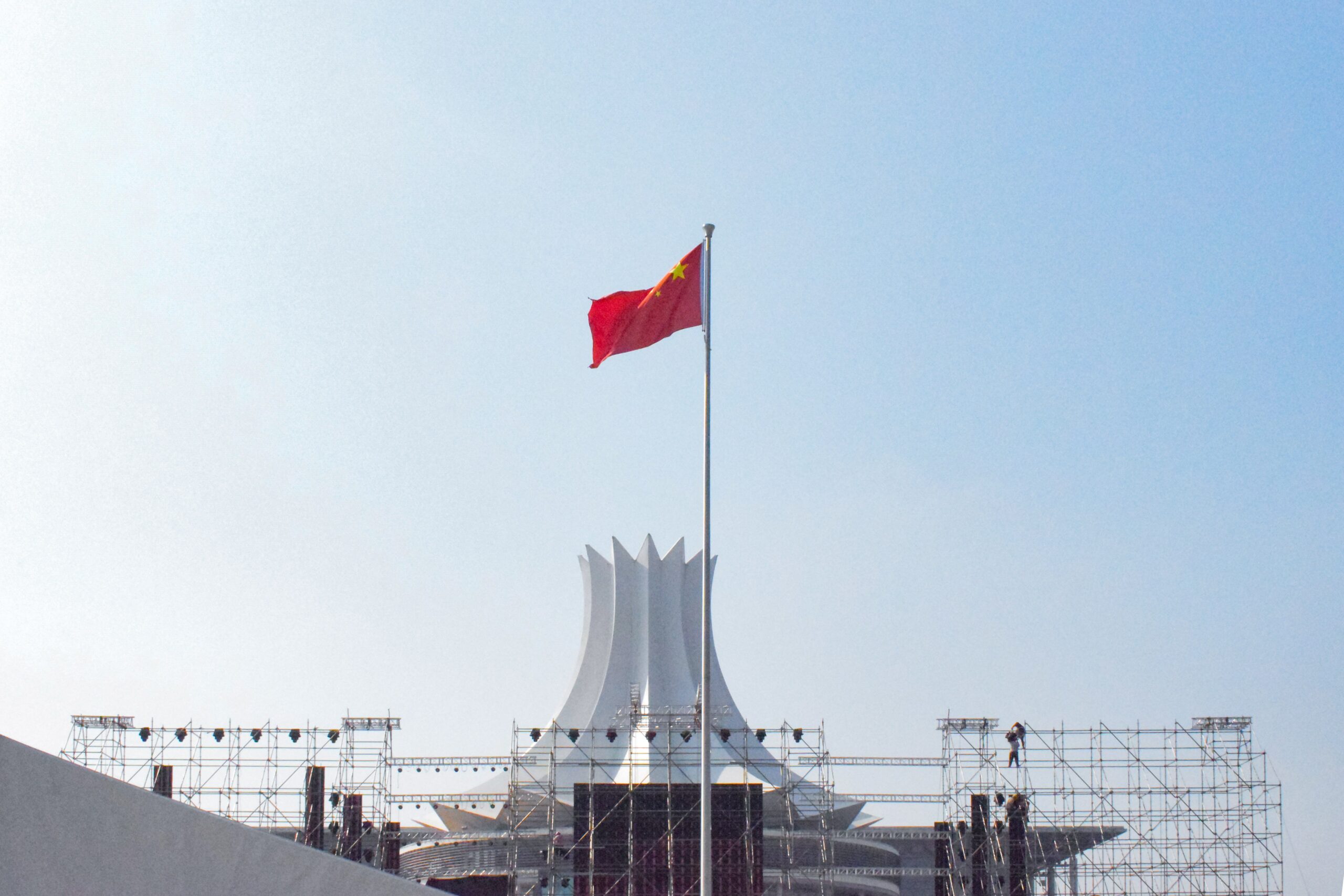Jean-Pierre Cabestan, professor at Hong Kong Baptist University, member of the Orientation Board of Asia Centre, and responsible for East Asia programs, published a new article in the British Journal of Politics and International Relations about China’s foreign politics available via the following link: https://journals.sagepub.com/doi/full/10.1177/1369148120974881
Here is the abstract:
Power concentration in the hands of Xi Jinping, Chinese Communist Party General Secretary, can be interpreted not only as a reaction to the power fragmentation and the intra-party factionalism that developed under his predecessor, but also as a way to strengthen and stabilise China’s authoritarian polity. In the realm of foreign and security policy, it can also be understood as the result of China’s awareness of both the growing transnational security risks that it is facing and the need to better address the new international tasks and responsibilities it needs to fulfil as a great power. Since 2012, Xi has embarked on sweeping institutional reforms that have contributed to centralising and better coordinating foreign and security decision-making. Yet, although more integrated, China’s authoritarian system has remained fragmented, including in the realm of foreign and security policy, an area where decision-making processes are still highly opaque.




